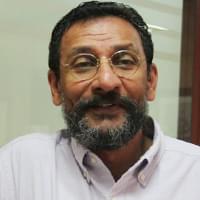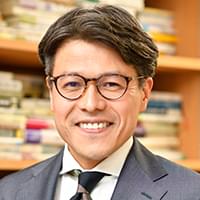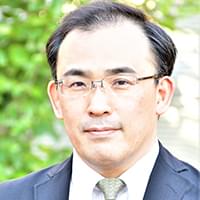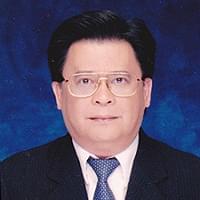Education for Sustainable Development (ESD) can play an important role in bringing transformative actions to all generations as a key enabler of all the Sustainable Development Goals (SDGs). As the five-year cycle of the Global Action Programme (GAP) on ESD is due to end in 2019, the next international framework for the implementation of ESD is currently under discussion, highlighting its alignment with the 2030 Sustainable Development Agenda. Furthermore, SDG4 is one of the goals reviewed at the High-level Political Forum (HLPF) 2019.
The UNU-IAS ESD Project has been committed to generating, accelerating and mainstreaming ESD by implementing the GAP on ESD, and through its activities, contributing to achieving the SDGs.
Given that post-GAP is to be launched in the near future, this session will discuss the next steps for ESD to achieve the SDGs with key experts from around the world. The keynote speaker will address and discuss a conceptual framework on ESD for post-GAP and SDGs. This will be followed by a panel discussion on UN/International frameworks to provide both regional and international perspectives.
The session will be a venue to discuss the value added contributions of education for achieving the SDGs, challenges and lessons learned from recent ESD practices, and the development of an ESD monitoring and evaluation framework.

Anantha Duraiappah
Director, UNESCO Mahatma Gandhi Institute of Education for Peace and Sustainable Development (MGIEP)

Yuto Kitamura
Associate Professor, Graduate School of Education, University of Tokyo

Ushio Miura
Programme Specialist, UNESCO Bangkok Office - Asia and Pacific Regional Bureau for Education, UNESCO

Yoko Mochizuki
Head of Programme, Rethinking Policy, UNESCO Mahatma Gandhi Institute of Education for Peace and Sustainable Development (MGIEP)

Masahisa Sato
Professor, Faculty of Environment, Tokyo City University

Mario Tabucanon
Senior Visiting Professor, UN University Institute for the Advanced Study of Sustainability (UNU-IAS)
.jpg)
.jpg)
.jpg)
.jpg)
.jpg)
.jpg)
.jpg)
.jpg)
.jpg)
.jpg)
.jpg)
.jpg)